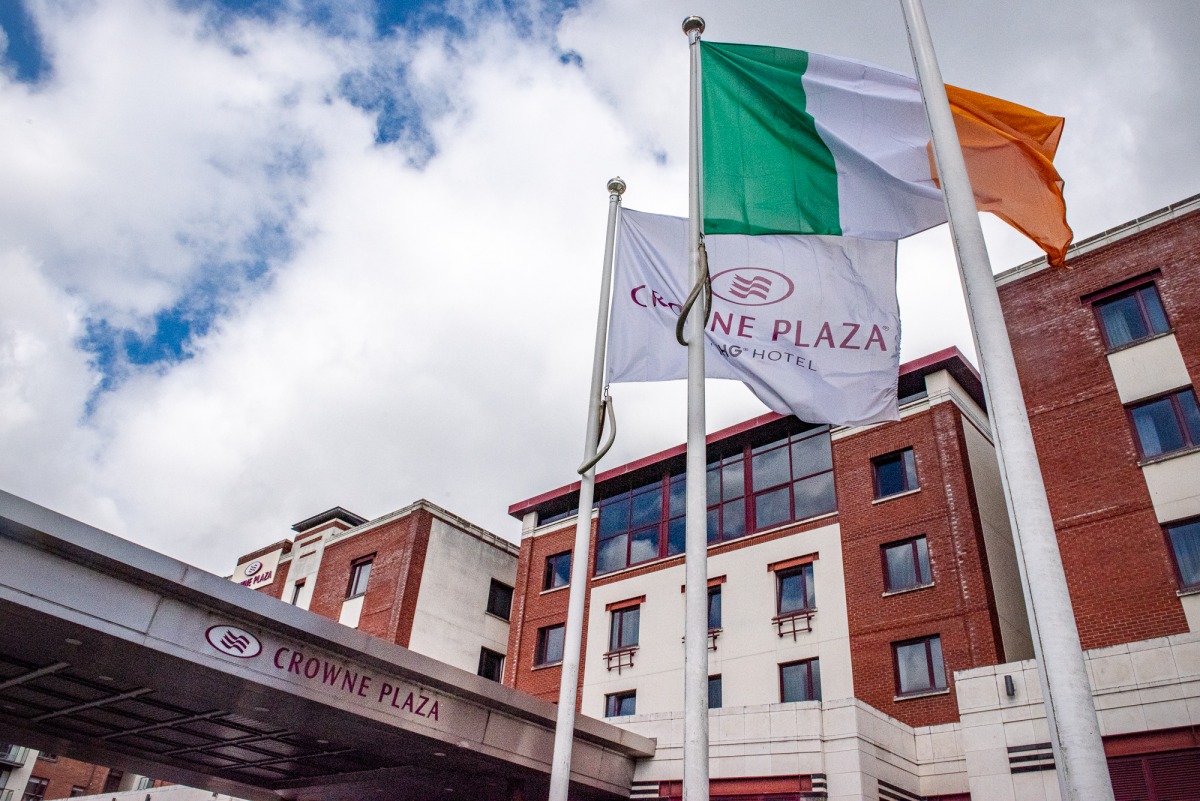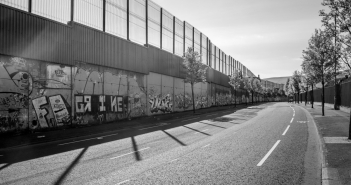Never before have I felt so far from my country of origin as when I heard that Italy would be added to the list of countries from which arrivals are mandated to enter a hotel quarantine for twelve days on arrival in Ireland. Now any trip to my family will cost almost two grand, and that’s before accounting for the flights and numerous tests.
That’s quite a spike in price compared to the few hundred euro I needed prior to April 15th. In pure economic terms, it further diminishes the purchasing power of a particular section of immigrants, as well as Irish citizens living abroad; even if only for a particular item, such as the opportunity to visit loved ones occasionally, and to return for a short stay in case of an emergency.
For many of us, living from pay cheque to pay cheque, the inflated price of the hotel stay is a serious impediment to reaching one’s country of origin; and that’s without considering the dread we feel about spending almost two weeks under hotel arrest, without even access to a kitchen. I wonder how healthy it is to eat takeaway food for twelve days in a row?
One may argue that the measure is a proportionate response to a public health emergency and that the right to travel abroad does not come before the right of a country to remain Covid free. But this ignores whether we test negative on arrival and show no symptoms and, more broadly, the rights of European citizens living in another member state.
Under Article 45 of the charter of the fundamental rights of the European Union, as citizens we enjoy a right to freedom of movement. Every citizen of the Union has the right to move and reside freely within each member states’ territory. There has to be a very compelling (and proportionate) reason for this right to be withdrawn.
The time for extreme restrictions on the right to travel was March 2020, when some member states including Denmark and Poland temporarily closed their borders. But at this stage any restrictions surely should be decided on a case-by-case basis, and not applied indiscriminately. Ireland isn’t exactly Covid-free New Zealand at this stage, and the Irish government is not aiming for a Covid-free status. What’s more the number of exceptions – including for politicians, and elite athletes in all likelihood – demonstrates the law is being applied unfairly.
As for the variants of concern, well 90% of experts say that Covid-19 will become endemic, and so we will never be able to travel freely again if that argument is applied to international travel.
I wonder if this is another aspect of our pre-Covid life that we have to reluctantly accept has disappeared – in order to protect the weak and vulnerable? Or so it is argued. Even if that means uselessly undermining the rights of immigrants living in Ireland now confronted with draconian barriers to movement.
One can understand – confronting the pressure the pandemic has put on healthcare capacity all over the world – why authorities might consider any means possible to stop the spread. But even working from that assumption, it is really difficult to find justification for mandatory hotel quarantine if an individual tests negative on departure and after five days on arrival, for example.
In any case, regardless of its arguable necessity, this measure’s immediate effect is to further alienate foreign communities living in Ireland and, I suspect, Irish ex-pats abroad, even though the data shows that foreign travel has had a miniscule effect – just one percent of cases according to Leo Varadkar in January – on the spread of the disease.
Regarding the Irish media’s coverage of this issue, it is disturbing that sympathy seems to be reserved for Irish citizens returning home to loved ones, but silence on how this will affect other EU citizens, and non-EU nationals. It sends out a clear message about how much the political and media establishment value foreign workers living in this country who cannot vote in national elections.
The effect is to place a prohibitive price tag on returning to countries of origin for communities that are already massively economically disadvantaged by the pandemic; not to mention the housing crisis, and more generally, a widening inequality that too many in the political establishment of this country seem to accept as “the way things are.”
Now this political establishment has no shame in implementing Populist measures, which seem aimed at gathering political support from a terrorized audience that dreams of a ZeroCovid approach, after being treated to a partially informed debate for months.
It is a curious paradox that the internationalist establishment left in Ireland has no objection to sealed borders, and the effect this will have on immigrant minorities, many of whom are living on the margins of society.
Often, the most useless measures to tackle a problem reveal where the real problem lies. In this instance, the cynical alienation shown by NPHET and politicians in proposing and implementing such policies that have major impacts on communities with whom they normally have no contact, apart from well-orchestrated photo ops with appropriately smiling immigrants.
The question now becomes: for how long will this policy of internment last?




